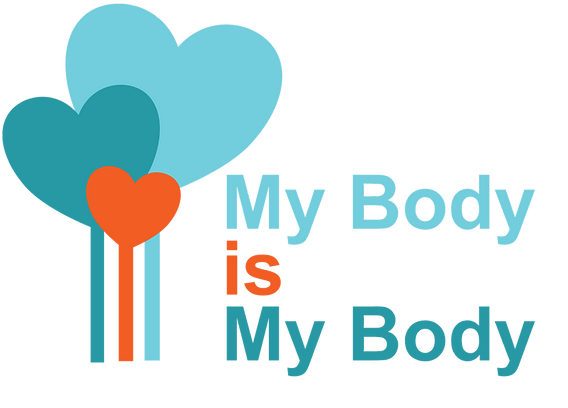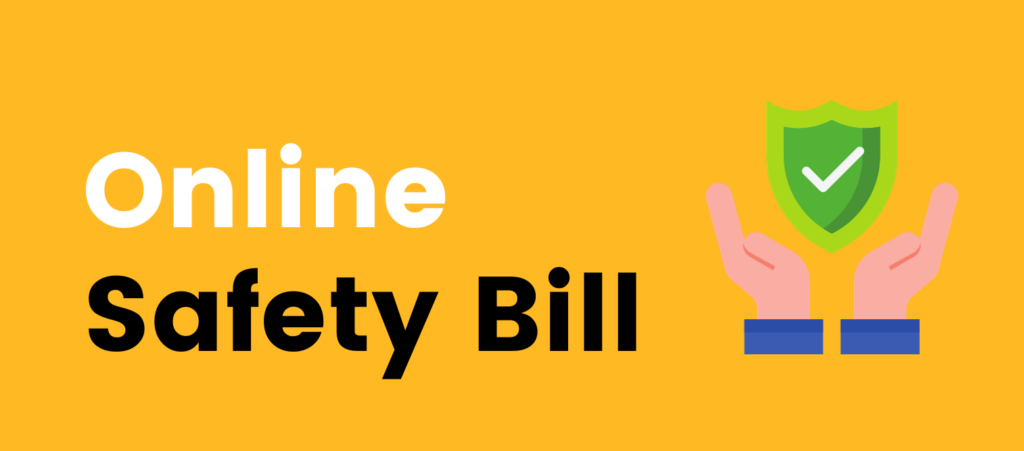Why Do Children Bully Others?
Blog 1 – Understanding The Root Causes
Bullying is a complex and distressing issue that affects many children across the globe. At MBIMB, we are committed to understanding and addressing the multifaceted aspects of child welfare, including the reasons behind bullying. This blog aims to shed light on why some children choose to bully others, hoping to foster empathy and effective interventions.
The Need for Power and Control
Often, bullying behavior stems from a child’s desire for power and control. This might arise due to feelings of powerlessness or lack of control in other areas of their life. By exerting dominance over peers, bullies often try to establish a sense of authority or superiority, which can be a misguided attempt to compensate for their insecurities or vulnerabilities.

Influence of Environmental Factors
The environment in which a child grows up plays a significant role in shaping their behavior. Exposure to aggressive behaviors at home, through media, or within their community can normalise such actions. Children who witness bullying or aggressive behaviors by family members, friends, or media figures may imitate these actions, perceiving them as acceptable ways to interact with others.
Peer Pressure and the Quest for Social Acceptance
During the crucial school years, the influence of peer pressure becomes a significant factor, in children’s lives impacting student behavior and social interactions. Children, in their quest for acceptance and popularity, might resort to bullying as a way to fit in or to avoid being bullied themselves. The desire to be part of a group can sometimes lead to compromising moral values and engaging in hurtful behavior.

Lack of Empathy and Understanding
Some children might not fully grasp the impact of their actions on others. A lack of empathy or understanding can make them unaware of the emotional and psychological harm they cause. This is where education and awareness programs like MBIMB play a crucial role. Teaching children about empathy and the importance of respecting others and their body boundaries is of the utmost importance.

Coping with Personal Issues
Children facing personal challenges like family conflicts, academic struggles, or emotional distress often turn to bullying as a means of expressing their pent-up frustrations and anxieties. This behavior can be seen as a coping mechanism for the difficulties they encounter in their personal lives. It is often a misguided attempt to distract themselves from their troubles or to cope with their own pain.
Understanding why children bully is the first step in tackling this issue. At MBIMB, we believe in addressing the root causes of bullying through education, empathy, and positive role modeling. By creating a supportive and understanding environment, we can guide children towards healthier ways of interacting and resolving conflicts. Let’s work together to create a safer and kinder world for our children.

Join us in our journey to educate and empower children. Visit our website www.mbimb.org to access our free resources and learn more about how you can contribute to making a positive impact in the lives of children.
- #PeerPressure
- #SchoolLife
- #StudentWellbeing
- #YouthEmpowerment
- #BullyingAwareness
- #SocialInfluence
- #TeenChallenges
- #PositivePeerInfluence
- #EducationMatters
- #HealthyRelationships






Responses